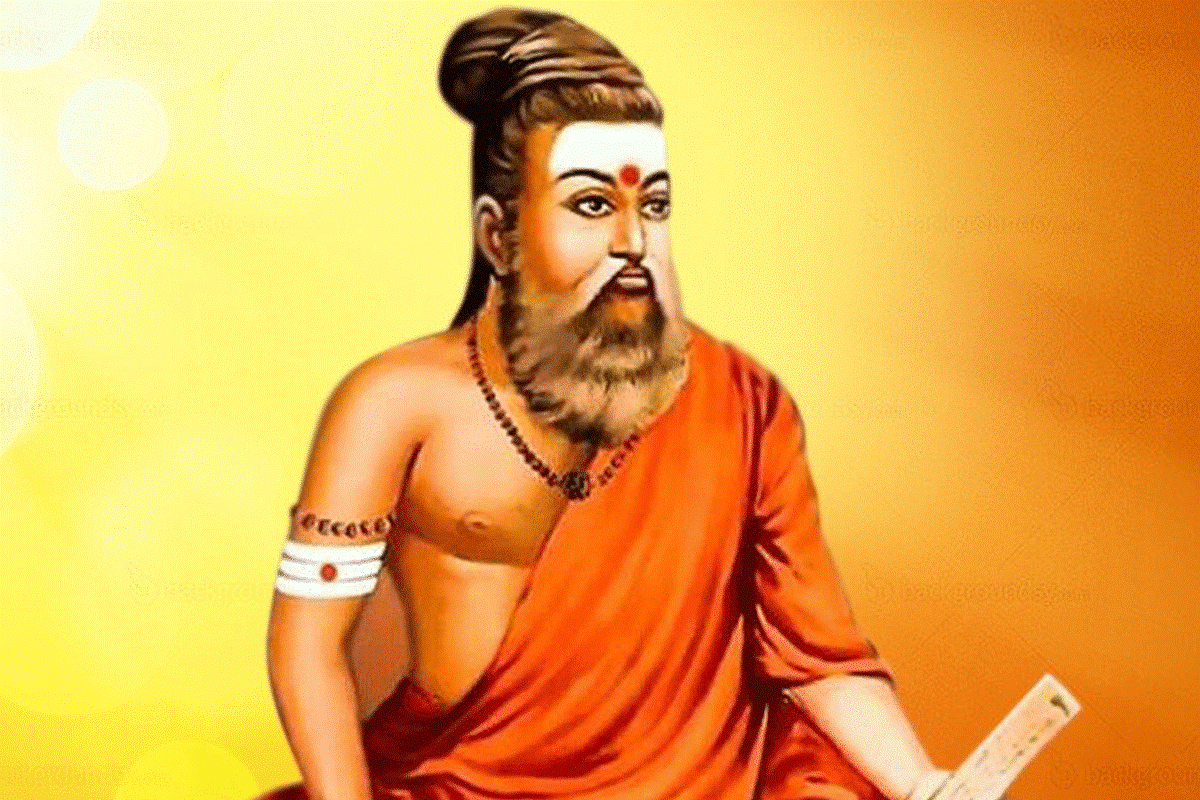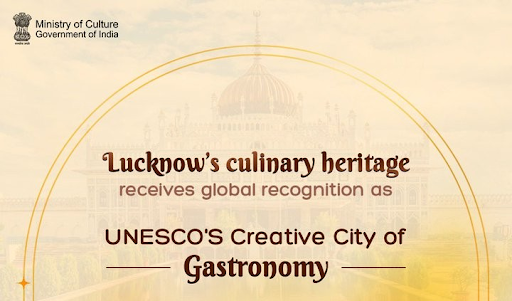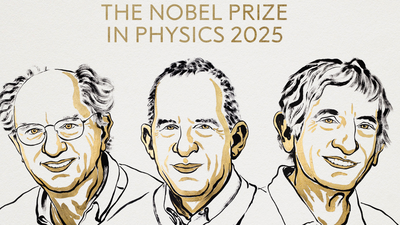Description

Disclaimer: Copyright infringement not intended.
Context
Prime Minister Narendra Modi commemorated Thiruvalluvar Day on 15 January, honoring the memory of the great Tamil sage, Saint Thiruvalluvar.
Details
- Valluvar, also known as Thiruvalluvar, was an Indian poet and philosopher.
- However, there is limited authentic information about his life, and details are often inferred from his literary works.
Life
- There is scarce authentic information about Valluvar's life, including his actual name and the original title of his work.
- The Tirukkuṟaḷ itself does not explicitly mention its author.
- Valluvar's name was first mentioned in the later text Tiruvalluva Maalai.
- He is speculated to be a learned Jain with eclectic leanings, well-acquainted with early Tamil classical works and Sanskrit legal and didactic texts.
- Traditional accounts about Valluvar's family background and occupation vary, with claims ranging from being a Paraiyar weaver to a member of the agricultural caste of Vellalars.
Dating the Tirukkural:
- The exact date of Valluvar remains unclear.
- Traditional accounts date the Tirukkuṟaḷ to various periods, from 300 BCE to the sixth century CE.
- Modern scholarly consensus suggests a date around 500 CE.
- In 1935, the Tamil Nadu government officially recognized 31 BCE as the year of Valluvar.

Uncertain Birthplace:
- Valluvar is believed to have lived in Madurai and later in Mylapore (present-day Chennai).
- Claims about his birthplace range from Mayilapuram to Madurai.
- A 2005 claim by the Kanyakumari Historical and Cultural Research Centre suggests Thirunayanarkurichi as his birthplace.
- His exact historical existence is debated, and he is often considered a legendary figure.
Religion:
- Valluvar is thought to have belonged to either Jainism or Hinduism.
- Some argue for Jain influence, pointing to moral vegetarianism and ahimsa in the Tirukkuṟaḷ.
- Others claim Hindu influence, citing references to gods like Vishnu and Lakshmi.
- Despite scholarly suggestions, various religious groups, including Christianity, have claimed Valluvar as one of their own.
- Claims of him being a Buddhist or a disciple of Thomas the Apostle lack academic support.
Literary Works
Tirukkuṟaḷ:
- Valluvar's primary work is the Tirukkuṟaḷ, a collection of 1330 couplets divided into three sections: moral and cosmic order (aram), political and economic matters (porul), and pleasure (inbam).
- The Tirukkuṟaḷ is highly regarded in Tamil culture and has been translated into numerous languages.
- Valluvar's other attributed works, such as Gnana Vettiyan and Pancharathnam, are considered later-dated texts by many scholars.
Philosophical Contributions
- Thiruvalluvar's philosophy emphasizes humanism, morality, and ethical conduct.
- Aram, the first section of Thirukkural, discusses virtues like righteousness, truth, and gratitude.
- Porul delves into economic and political principles, advocating justice, good governance, and fair trade.
- Thirukkural transcends religious and linguistic boundaries, offering universal principles applicable to various cultures and societies.

Memorials
- The Thiruvalluvar statue in Kanyakumari stands as a notable tribute.
- Valluvar's birthplace and related sites, such as Mylapore and Tiruchuli, have temples and commemorations in his honor.
Conclusion
In summary, Valluvar remains a revered figure in Tamil culture, and the Tirukkuṟaḷ continues to be highly regarded for its ethical, social, political, and literary contributions. Despite limited historical information, Valluvar's impact on various aspects of life and thought in South India is undeniable.
|
PRACTICE QUESTION
Q. Which of the following statements about Thiruvalluvar, the author of Tirukkuṟaḷ, is/are correct?
1.Thiruvalluvar is believed to have been born in Madurai and later moved to the town of Mayilapuram.
2.Valluvar's work Tirukkuṟaḷ has been dated to the early first century CE, based on traditional accounts and linguistic analyses of his writings.
3.Valluvar is traditionally worshiped as a god and saint, and there is a famous temple dedicated to him in Virudhunagar district.
Select the correct answer using the code below:
A. 1 and 2 only
B. 2 and 3 only
C. 1 and 3 only
D. 1, 2, and 3
Answer: D
|
















